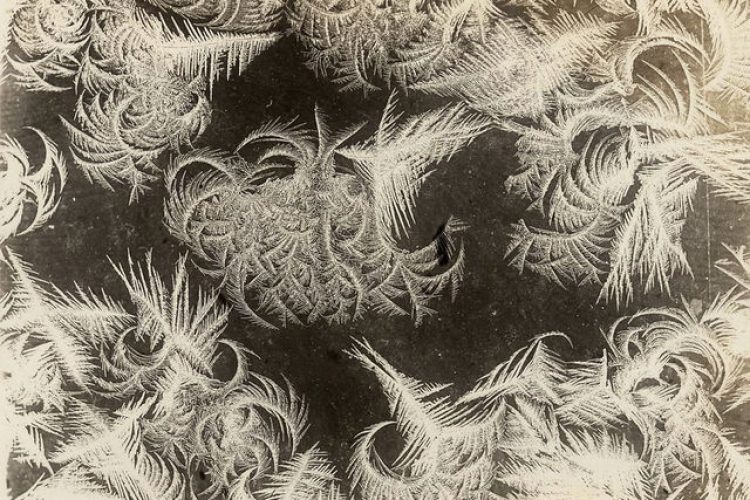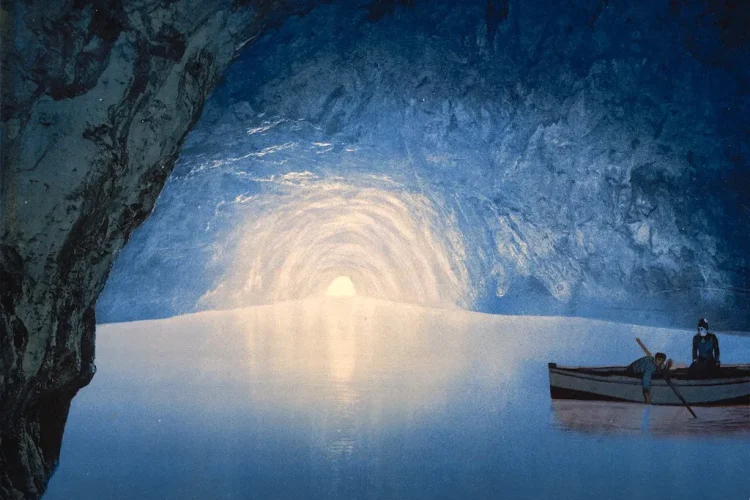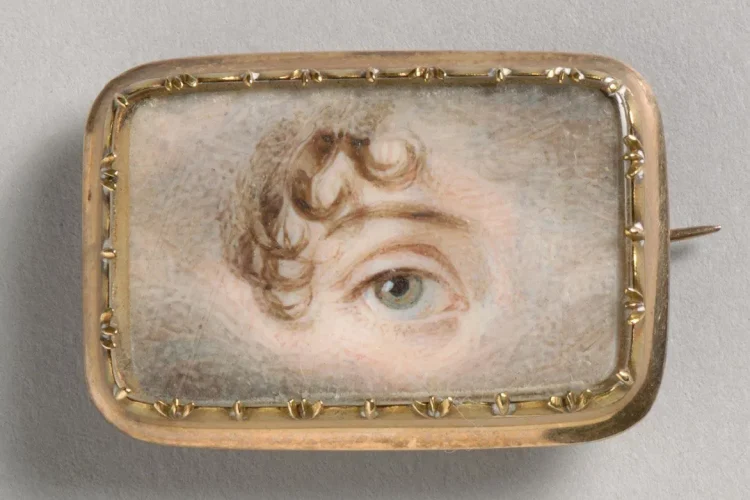C.E.L., Tallinn, Estonia
How do you deal with the end of something? The inevitable change that time produces. As much as I want to safeguard and keep things safe, like relationships, the cracks show more and more, so I hold on to patterns that make the cracks wider. I guess change is unavoidable, but how can we flow with it?
C.E.L.
K:
Hello friend,
I too have the experience that the harder I try and hold onto things, places, dwellings, and people the more they crumble in my hands. I once saw this phenomenon described as trying to maintain a sandcastle built on a cliff; you can keep adding water and patching it up, but soon the effort to keep it together cannot keep pace with the erosion of the shoreline.
It seems so easy to say to one’s self: stop building sandcastles on cliffs! But it’s not so easy to just “let it all go” and be one with erosion.
When feeling that sense of sadness at all that is slipping away, I do take refuge in poems which do not try to locate or fix in time some notion of permanence. Poems in which the speaker, the story, the message, and even the syntax are all in that movable state of “flow.” Reading poems like this keeps me in rhythm with change even as it is happening, holding onto whatever comes through, even as the sand of sentences falls through my hands.
There are so many poets to choose from but here is an excerpt from a chapbook I love very much called “Days” by Simone Kearney, and published by the wonderful Belladonna Collaborative:
Days
like the limit of a digression, baggage we carry, perpetual history, and memory up on a wall, what we had hoped for, as if we could trap ourselves, definite as background music, I like materials that grip, the world is true and real, or is it real and true, the difference in the order of operations, your arms are strings of water, your arms are unequal shawls, stairs in water, door’s milk, something is touched we don’t know, everything is entire and slips, morning grit, cloud straying from some stopped sunned turf, that was before you washed and rose, felt objects vaguely coming into focus,
objects you only know to place side by side, sun on knees, names came to me like a mirror facing the wrong way, names dangling out of themselves like the end of Wednesday, PowerPoint eyes, when considering relationships between two inanimate objects, the human element keeps bursting in on the scene, its intrusion of cakeorange, greenish tension between ropes that are almost flesh, how the skin of things keeps getting interrupted, meanings grow fuller and burst, grapes, sack of shared memory that, once touched, makes you the same as everybody else, then dissolves,
-Simone Kearney






